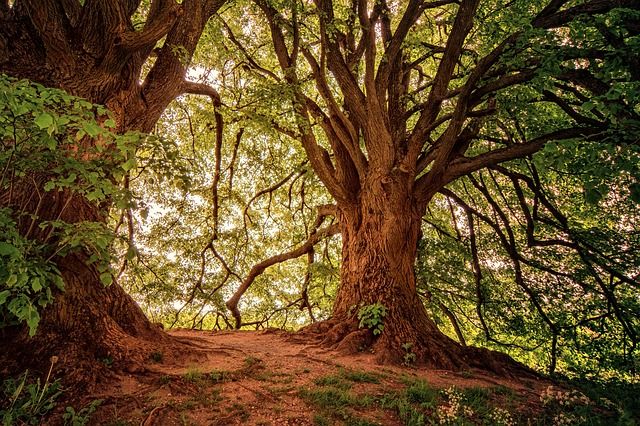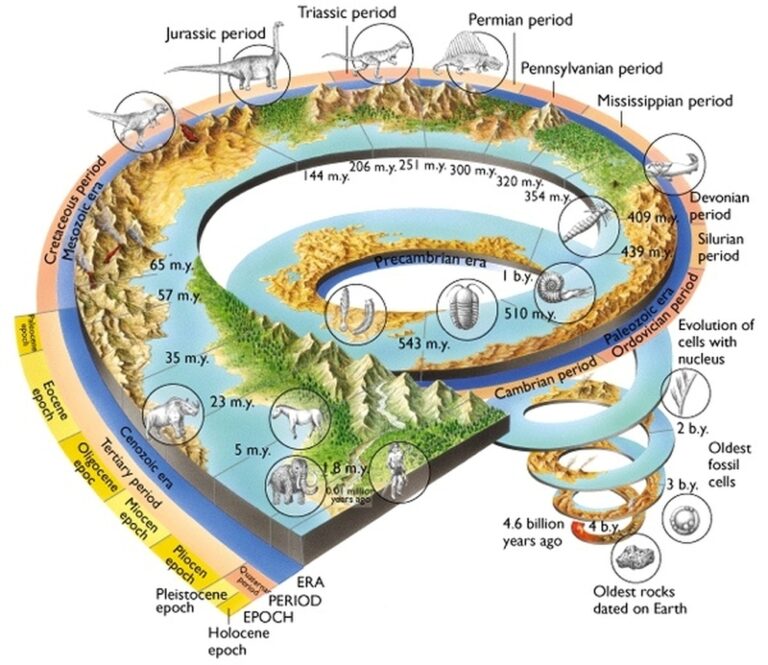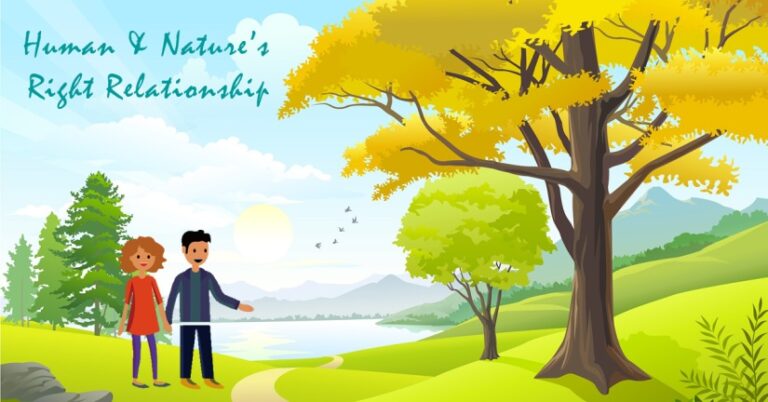A lot of emphasis is given to building our intelligence, having a better understanding of a situation or problem. Intelligence is talked about a lot when it comes to decision -making. What are the pundits saying about finance or security, biodiversity or climate. Intelligence is more than a number on a page after completing a psychological test. It therefore comes as no surprise that we should come across a story titled: 9 Essential Skills of Naturalist Intelligence (And How They Help You), by Brian Mertins (Nature Mentor, 25 March 2022).
‘Anyone can improve their naturalist intelligence skills with a bit of practice! says Brian. ‘I first got interested in naturalist intelligence because one of my big goals in life is to become the best possible human I can be. After many years studying nature, an important thing I’ve learned is that being a well-rounded naturalist isn’t just one skill. Naturalist intelligence is all about using the human brain to engage sensory awareness and observe patterns in living systems (like plants, trees, ecosystems, wildlife, etc).
People who have the traits of naturalist intelligence are highly skilled at understanding the environment because they apply several complimentary skills together as one.
- Observation: It is possibly the most fundamental skill of naturalist intelligence. If we really look at what gifted naturalists are better at than anybody else, it’s the simple ability to sit quietly, watch, listen & become aware of what’s happening around them. A lot of us have poorly developed observation skills, but it’s simply because our education system doesn’t take time to train this ability. The more we are able to see what’s in front of us and notice things that others miss, the easier it is to contribute our talents and gifts to the world. Keep diving deeper and we’ll amaze ourselves by the depth of observation that’s possible (even if we don’t yet know the names of plants, birds, trees, etc).
- Pattern Recognition: This is the ability to distill consistencies and repeating themes in the things we observe outside. This is similar to observation, but pattern recognition is a bit more sophisticated. As we practice observing nature, pretty soon we’ll begin to notice actual patterns in the trees, plants, birds, seasons, etc. Nature is an interconnected ecosystem that’s very delicately balanced. Everything is connected to everything else, and the real magic happens when we can witness these connections for ourselves by recognizing patterns.
- Sensory Awareness: One of my favorite skills that develops to an incredible depth with naturalists is sensory awareness, says Brian. Have you ever really thought about how significant your sensory awareness ability is? The five senses (seeing, hearing, feeling, smelling, tasting) are the ONLY direct way to get information from the outside of your brain to what’s inside your brain.
- Empathy: One of the best things about being a naturalist is we get to have moments of empathy with cool animals. Simply by watching birds, squirrels & other wildlife engage in their lives, we get to witness life and death happening right before our eyes. These moments of closeness to the struggles of wild animals give us a real sense for the preciousness of life. We learn to get out of our own head and see things from other perspectives, which is absolutely essential for understanding what others are thinking and feeling. Closeness with nature & particularly living animals will engages our emotions so we can develop emotional intelligence & empathy.
- Mental Clarity: This is another extremely important skill that comes from having an active naturalist intelligence. Have you ever noticed that simply being in nature can help a busy mind to settle down and operate more effectively? asks Brian. For some of us, we lead lives that are way too fast paced for our own good. Thoughts become jumbled and scattered, which leads to feelings of anxiety & stress.
- Critical Thinking: Essential for naturalist intelligence because it enables us to piece together a complete ecological story. Every time we observe something in nature, there are tons of amazing lessons and insights to be gained, but only if we know how to think critically! Some of those lessons are instantly obvious, while others are much more subtle and require a bit of reflection to reveal.

- Curiosity & Investigative Ability: Curiosity is the first step in making new discoveries outside, and it’s a really good sign of intelligence. Nature is probably the best environment for stimulating curiosity because it’s filled with so many mysteries and questions to explore. The ability to ask questions that lead to aha moments is an actual skill that can be actively developed through practice. It starts with a simple observation of whatever is happening in our surroundings. The more we investigate our curiosity, the more we begin to make new discoveries.
- Appreciation & Respect For Nature: Some people might not consider something like appreciation and respect to be a sign of intelligence, or even that it’s a skill. But it really is! Sadly there are some people who just don’t appreciate all the good things they have? People who lack feelings of appreciation are very likely to take things for granted, and as a result, they end up doing stupid things that have long term consequences. The ability to appreciate nature is one of the most important skills required to create a world where humans live in harmony with their environment. The more we cultivate our ability to appreciate and respect our surroundings, the more likely we’ll stop and consider our actions before we do something mindless.
- Care-taking & Stewardship: This is an important one… Taking care of nature is one of the most important skills that really comes from having naturalist intelligence. This is because the sensitivity & empathy we cultivate for the environment will make us much more likely to actually care about the future. And it’s also that our awareness grows to the point where we cannot avoid seeing the damaging effects that humans have on the land. It’s an unfortunate reality that many people don’t have their eyes open in the forest. That is to say, they walk along a forest track without paying attention to the signs of health or stress on the land. Being a naturalist requires us to use our brain and our mind in a new way, and therefore learn to see the world differently. Naturalists are always the first ones to notice when human development is having a damaging effect on sensitive ecosystems.
Caretaking projects are a great way to help nature thrive in our neighbourhood while developing all the other naturalist intelligence skills along the way!
The takeaway idea, is that, having naturalist intelligence isn’t just a single isolated skill that only a rare few people have.
The human nervous system is actually built by nature for the purpose of hunting and gathering!
By developing our own naturalist intelligence skills, we’ll not only improve our ability to live in harmony with nature, but we will also empower our own success in the human world.
We encourage everyone who visits Munibung Hill to apply at least some of these principles; to pay attention, to become part of the bush, become immersed in nature, develop a greater appreciation for this special place right in the middle of an urban area – so close to where we live. And to do some care-taking. We need as many people as possible to do more than just meander about, enjoying the bush for their personal purposes. Munibung Hill is a commons, a community area that requires intentional visitors who roll up their sleeves and help keep her free from being rubbished, free from anti-social bebaviour, free from invasive species be they plants or animals. In this respect, we need to make sure that we are not invasive, that we enter Munibung Hill with an attitude of being guests of the native plants and animals who have lived here for eons; and guests from the perspective of this being land of the Awabakal people, who had the land taken from them without any treaty or recognition that they had been here for thousands of years before 1788.
Naturalist intelligence is to be encouraged by all who enter.



